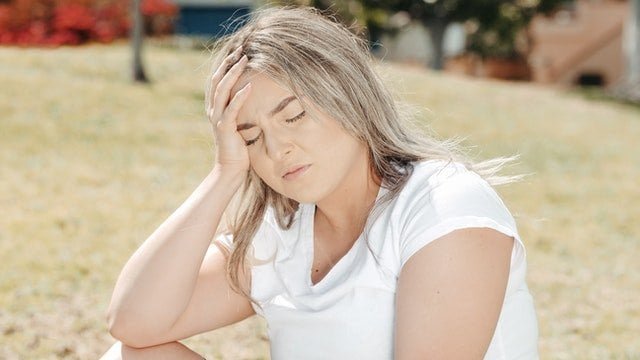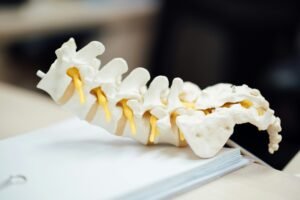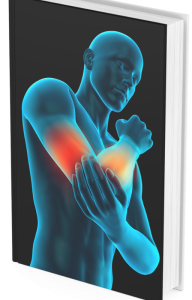5 Simple Ways on How To Help Your Headache
Headaches can be incredibly debilitating and can have a significant impact on our daily lives.
Whether it’s a tension headache, migraine, or cluster headache, the throbbing pain and discomfort can make it difficult to concentrate, work efficiently, or even enjoy simple activities.
While there are numerous over-the-counter medications available to provide temporary relief, many individuals prefer taking a more natural approach when dealing with headaches.
This article explores five simple yet effective ways to self-help headaches without relying solely on medication. By incorporating these tips into your routine, you’ll not only find relief from your headaches but also gain valuable insights into managing and preventing them in the future.
You might also like to see our migraines osteopath page.
Understanding and Managing Headache Triggers
Understanding the triggers of headaches is essential in order to effectively manage and prevent them. Identifying these triggers can help individuals avoid certain situations or behaviors that may lead to the onset of a headache. Common triggers include stress, lack of sleep, certain foods and drinks (such as caffeine or alcohol), hormonal changes, and even environmental factors such as strong smells or bright lights.
Once the triggers have been identified, it becomes easier to manage and help your headaches. For example, if stress is a known trigger for someone’s headaches, they can incorporate relaxation techniques into their daily routine such as deep breathing exercises or practicing mindfulness.
If certain foods are found to be triggering headaches, those specific items can be avoided in order to reduce the frequency and severity of the headaches.
By understanding their personal headache triggers and taking steps to manage them effectively, individuals can help alleviate some of the pain and discomfort associated with chronic headaches. This knowledge empowers people with control over their condition rather than relying solely on medication for relief which may not always provide long-term effects or come without side effects.
Lifestyle Changes: Adopting Healthy Habits to Alleviate Headaches
Headaches are a common ailment that can greatly affect our well-being and productivity. By adopting healthy habits, we can alleviate the severity and frequency of headaches, allowing us to lead more fulfilling lives. One simple lifestyle change is ensuring proper hydration throughout the day. Dehydration is a major trigger for headaches, so by drinking an adequate amount of water daily, we can prevent this underlying cause.
Another way to self-help headaches is by practicing regular exercise. Physical activity releases endorphins, which act as natural pain relievers in the body and improve overall mood. Engaging in activities such as walking, yoga, or swimming not only promotes physical fitness but also helps reduce stress levels – another potential headache trigger.
Additionally, maintaining consistent sleep patterns can have a significant impact on headache prevention. Lack of quality sleep or irregular sleeping schedules often contribute to tension headaches and migraines. Creating a bedtime routine that includes relaxing activities before bed and ensuring a dark and quiet sleeping environment can greatly minimize the occurrence of these debilitating head pains.
Things you can do yourself to alleviate headaches
Headaches can be incredibly debilitating and can have a significant impact on our daily lives. Whether it’s a tension headache, migraine, or cluster headache, the throbbing pain and discomfort can make it difficult to concentrate, work efficiently, or even enjoy simple activities. While there are numerous over-the-counter medications available to provide temporary relief, many individuals prefer taking a more natural approach when dealing with headaches.
One simple way to alleviate headaches is through relaxation techniques such as deep breathing exercises or meditation. These methods help reduce stress levels and promote overall well-being. Taking breaks throughout the day to focus on deep breathing for a few minutes or practicing mindfulness meditation can help alleviate not only the symptoms of headaches but also prevent them from occurring in the first place.
Another effective way to self-help headaches is by applying cold compresses or ice packs to the affected area. The cold temperature helps constrict blood vessels and reduce inflammation, providing immediate relief from pain. Simply wrap an ice pack in a thin cloth and apply it to your forehead or temples for about 15-20 minutes at a time. This method is particularly beneficial for migraines but can also be helpful for other types of headaches as well.
The Third way is to press on trigger points in the neck, or to use a ball and go up and down the side of the neck with pressure to see if you can release some of the underlying tissue tension. This is many cases can be effective to give short term relief.






